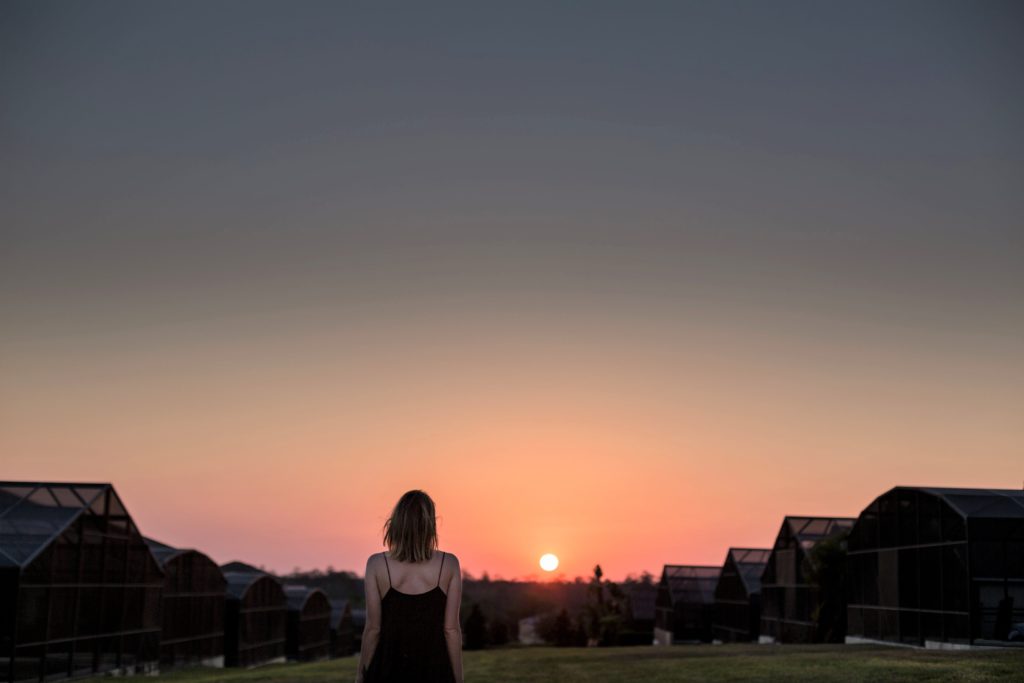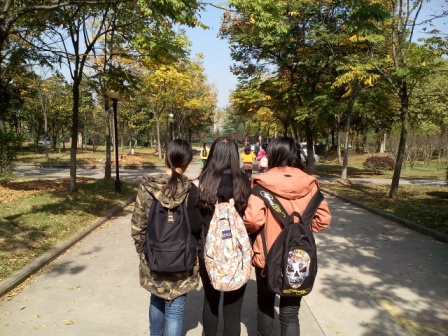
Today, a former student of mine posted the simple yet eloquent plea on WeChat “Please, do something humans.” He sums up the feelings in Wuhan, the sense of facing a crisis alone.
I live in Wuhan, the coronavirus capitol of the world. We’re all germ-infested suspects, the Chinese, Americans, and all other nationalities.
We’re accused of being virus carriers by the outside world and each other, leaving us nowhere to turn but within. Each of us ask when we get up in the morning “Am I strong enough to get through today?”
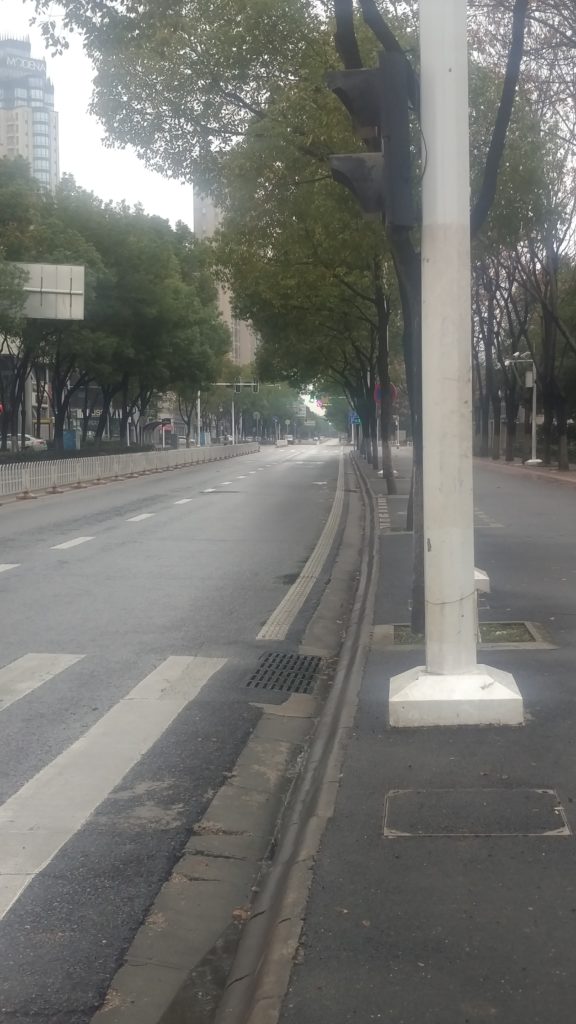
The pressure on the people here continues to grow. No shops, restaurants, or offices are open. More comments on WeChat refer to financial concerns. How long will the siege last? Can my family survive?
The last three days the phone hasn’t stopped. Wuhan is big news so the New York Times, the Los Angeles Times, CNN, USA Today, Fox News, NBC Nightly News, the CBS Morning Show and the BCC have contacted me.
The media continues to tell about Wuhan’s plight. But many more stories remain silent. My friends and fellow teachers, Stephanie and JP, expect a child in a week or two. They tried to get on the first rescue plane but didn’t make the cut. They worry and we worry for them as well.
But people continue to respond to the crisis. Family, friends, and strangers reach out asking if I need help. They want to give me money and support. But in each message is fear about an unknown and silent disease that can strike anywhere.
People realize disease doesn’t recognize borders, color, religion, or culture. Today Wuhan gets slammed, tomorrow New York City or Paris.
Andrew from New York City wrote to me offering support. He says he has two children and worries “this could happen anywhere.” He’s right.
The young father tells me “I’m not a rich man but I can send you $100 to help you through this crisis.” I am touched by the generosity but decline. “Buy a copy of my book and donate it to a library.” I believe the power of English as a worldwide language gives scientists and political leaders an edge in solving this problem and the next one. That’s why I’ve been in China six years..
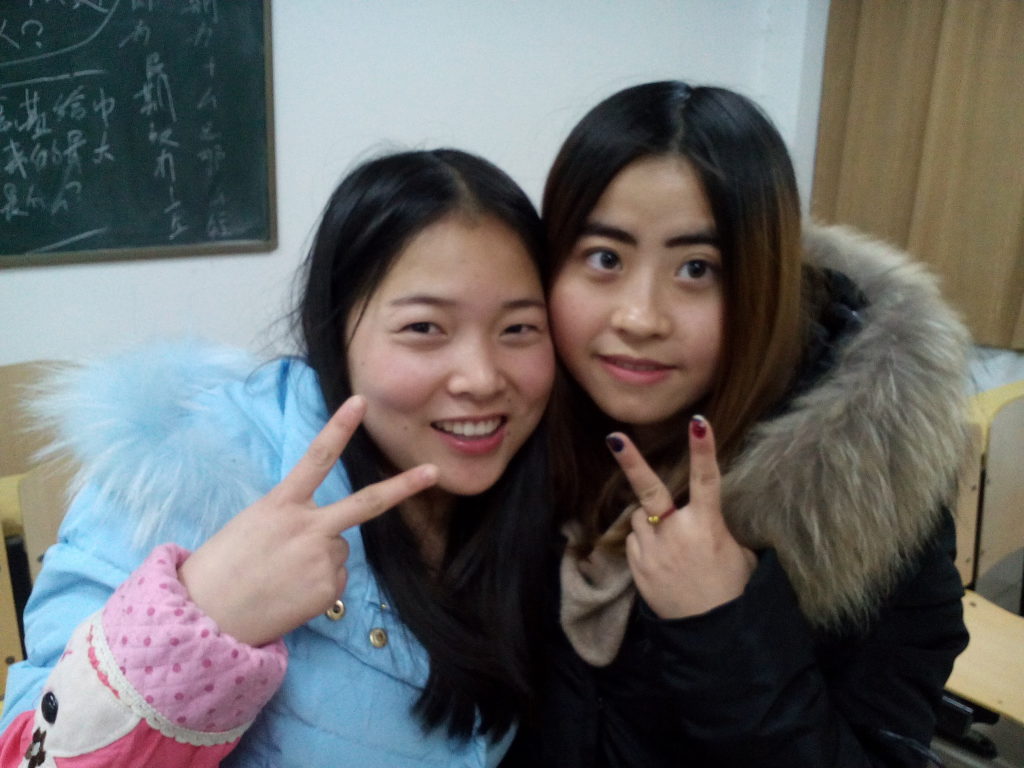
A nurse from California contacted me on Facebook offering prayers and safety. She helps test for the virus in Los Angeles. She deserves the prayers.
The front-line doctors in Wuhan work with the onslaught of patients. They must fear for their own health but go to work every day battling the virus face-to-face. A 62-year-old doctor dies several days ago. The city races to build two hospitals in a week.
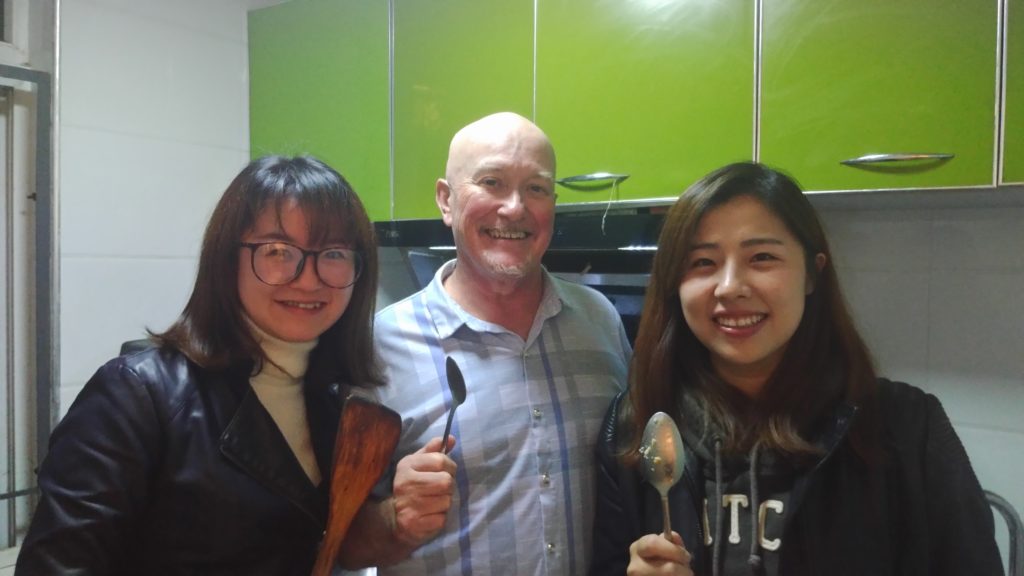
My Chinese friends reach out to me each day seeing if I am well. Jun asks me “Do you need masks? I have some and I can drive to your place tomorrow.” We know we’re in this together.
The reporters who called me, Elaine Yu from the New York Times, Cindy Chang and Soumya Karlamangla from the Los Angeles Times, David Culver from CNN, and Grace Hauck from USA Today to name a who reached out to me as a source but continue to ask about my well being. They realize the challenges.
The worry in Wuhan and in every city in the world exists in each of our heads. Yes, the chances remain much greater that a Wuhanese will get sick over someone from Columbus, Ohio. But who knows where the next disease strikes? How many Andrews worry about their children?
This crisis isn’t a war, hurricane, or housing meltdown where one or two countries feel the brunt of pain. This impacts the world. Everyone is on the same side, the human side.
When one of my students cries out, “Please, help us humans,” I can tell them yes, in ways big and small, they are. Thank you and keep us in your thoughts.
